The following was shared with us by a fellow South African
Whew… our visa has been approved. I am so happy and excited to finally share our experience here as I finally feel like I can breathe again. This is a pretty in-depth, comprehensive guide but this is all entirely true and accurate and non-embellished or based on hearsay. Note that my wife was able to stay here in SA during this process and didn’t have to be in Germany with a registered address etc.
My wife (30, German & South African Dual Citizen) and I (32, South African Passport Holder) decided to emigrate to Germany last year in November after spending several weeks there travelling and visiting her family. I work in the restaurant industry at an executive franchise level and my wife is a sales & development representative for a Crossfit Gym Booking software company based in Cape Town, but busy expanding into the DACH (Deutschland, Austria & Switzerland) Market. The best option for us was going to be to apply for a Family Reunification Visa.
After returning from Germany last December, we began the process of collecting documents and analysing time frames in order to emigrate between the end of July 2023 and December 2023. We tried our best to collate waiting times so we didn’t have to wait for big chunks for just one document. Oh how wrong we were!
I did my research on this group and on the https://www.southafricansingermany.de/ website, as well as on the German Consulate website https://southafrica.diplo.de/sa-en, as well as receiving advice from friends in this group and ‘South Africans in Berlin’. Surprisingly, the German consulate in Cape Town was incredibly helpful. They are willing to help via email and usually reply pretty fast with even small queries – I had a visa overstay of 4 days while in Germany last year (a complete mistake) and they were helpful in helping me find out information about it. If you have the same issue… you will only know if its going to be an issue when you apply for your visa. Fortunately, I received communication after a YEAR from the Berlin police that all charges had been dropped – my nerves!)
First on the agenda was the A1 German Language course through the Goethe Institute in Gardens, Cape Town. I learnt a few lessons here.
1. Book first, then start preparing. Don’t wait until you’re proficient and/or ready for the exam to book. Book a date in the future and then work towards it. Secondly, the intensive course where you go in every day may be quick but it’s incredibly inconvenient if you’re working. I bought an online A1 Preparation course through https://www.germanteacherluzi.com/ and I found this to be incredibly helpful. The workbook is thorough and while it may be a mission to get through, it gives you a really good foundation.
2. The Goethe Institute recommends you prepare using their practice tests on their website (https://www.goethe.de/ins/de/en/prf/prf/gzsd1/ueb.html). Do not ignore this instruction – the exam itself is basically a rearrangement of their practice papers. Put simply, if you are able to complete their practice tests fairly well, you will do fine. The test is broken up into 4 parts – hearing, reading, writing and speaking. The 3 written parts (hearing, reading and writing) are conducted in an examination room, while the speaking part is done in groups in a classroom with the examiners where they hold several easy conversations. Decent pronunciation helps as it makes it sound like you’re more proficient than perhaps you are (saying Ich properly instead of ‘Ish’ helped)
Then came the rest of the documents. One thing that was important and could’ve eased a lot of stress – the only documents we needed were the ones listed in the application. I saw all sorts of stories about police clearance certificates, and tax clearance certificates, and panicked that these would take time. In the end, we only needed the documents listed in their form: https://southafrica.diplo.de/…/visad-req-fam-reuni…
A note here – have 2 manila folders with your documents in them – they should be exactly alike and have all documents in order, i.e. 2x application ‘packs’. When you arrive for the appointment you think they’re going to be slow and methodical. Nope. They open the folder and just start blazing through the documents. If you’re not concentrating it’ll be over before you know it, so it helps to have everything organised ahead of time instead of scrambling for a passport copy.
- Application Form – easy enough – helps to have your German spouse next to you when you do it with all passport numbers and details available.
- Passport – your passport – check it’s valid – sometimes we forget
- Photo – include a couple in each pack – we had 2 per pack
- Marriage certificate – this is important. This marriage certificate needs to be unabridged AND apostilled. I would recommend (STRONGLY) using Sintiche from SP Document Trade (info@sp-documents.co.za/https://www.sp-documents.co.za/) for this process. Her turnover times were phenomenally fast, and we would’ve been in Germany months ago if we had gone this route first (we used someone else to get our unabridged marriage certificate which took 8 weeks, then another 9 weeks for the Apostille only to find out DIRCO had lost our documents, which is when I discovered SP document trade and she achieved the entire process in just over a week).
- Copy of Spouse’s
- Proof of Health Insurance – technically they only need this when the visa is APPROVED. The process is usually, you hand in your documents and your visa is sent off to the relevant Ausländerbehörde in Germany. If your visa is approved, they contact you and ask for your flight details and proof of health insurance while in Germany, you send those things, and they issue your visa ready for collection at the consulate. In our case, I was over-organised and got the proof of health insurance when we applied on the 31st of October 2023. The lady handling the application seemed happy I had it and when they approved the visa they only asked for flight information, meaning the health insurance was considered during the application. This is as simple as going to the Discovery website and navigating to the travel insurance page https://www.discovery.co.za/…/travelling-internationally and requesting a certificate. Do this a few days before your appointment so the dates are suitable, and print it out ready for your appointment.
- Proof of German Knowledge A1 level – see above.
- Copies of the checklist
That was IT. The rest of the document was only applicable if my partner was neither a German nor an EU citizen, and she is, so not necessary.
There was, however, a sneaky trick to the tale… regardless of saying all we needed was what the application form said (which is true, in essence) I read somewhere on this page that if you have a reference letter from a person in Germany to say that you’ll be staying with them and that they’ll be supporting you (even if you are only staying with them for a short time when you arrive), your application will (and this is very important) be sent to the Ausländerbehörde nearest their address.
We had my wife’s Godmother in Langelsheim, Goslar write a reference letter (including her ID number, her address and intention of support and accommodation) and include 2 copies of her ID. The woman handling our application was happy when she saw this and took the letter gladly as part of the application.
This is important – if you do NOT have a reference letter, your application will be sent to the main Ausländerbehörde in Berlin and your processing time can be anywhere from a couple of weeks to 3 months (I have seen people on here that got approved the day before 3 months was up, and, even worse if you look at the southafricansingermany.de website, some people waited longer due to complications). I firmly believe that because our application was sent to Goslar Landkreis (the local Ausländerbehörde), the application was extremely speedy. In my mind, the guy who handled our application in Germany (ironically named Tom) was sitting at his desk when our paperwork came in and exclaimed “An application! A chance to use my new stamp!” and quickly processed it, compared to the mountains of applications going into Berlin. If you do not have a chance to get a reference letter, your application will perhaps take longer (although I have seen cases take only a few weeks, but the best is to budget for the full 3 months, as horrible as it may seem).
I also read on here that following up after 2 weeks from the Ausländerbehörde that your application went to is a good idea, so I waited with bated breath, and when we did correspond they sent us an email insisting we desist from following up again (so German). Regardless, somehow our mail got through the filter and they replied a couple of days later (Monday, November 20th) saying that they had sent communication regarding the status of our application to the German Consulate in Cape Town. We then sent them an email on Tuesday the 21st, and by Wednesday the 22nd they had replied saying the visa had been approved and we should send flight booking confirmation (if you didn’t have health insurance proof at your appointment I presume they would ask for this too). They didn’t say we had to leave within a certain time frame but we booked for about 3 weeks after the approval date (22nd November – 10th December).
After all that – tickets are booked, bags are being packed, Facebook Marketplace is being used, the car is being sold and smiles are on faces as we’re waiting for next Sunday (December 10th) to come when we’ll board a plane to start our new life! A wise recommendation, if you do manage to get a reference letter, stay with that person for a week or two in order to get an Anmeldung, a bank account, a tax ID, a SCHUFA and a bit of a breather before heading into the apartment/house hunt.
Related content

Reunification – Parents of third-country nationals
Moving to a new country is a wonderful opportunity to start a new life. The biggest hardship in my opinion is leaving your loved ones

Family Reunification Visa – Your stories
These are shared experiences by people who recently went through a Family Reunification Visa application process. You can share yours with us via an easy-to-fill-in

Family Reunification Visa
“German citizens or citizens from non-EU countries who have an Aufenthaltserlaubnis (residence permit) or a Niederlassungserlaubnis (settlement permit) are allowed to bring their relatives to

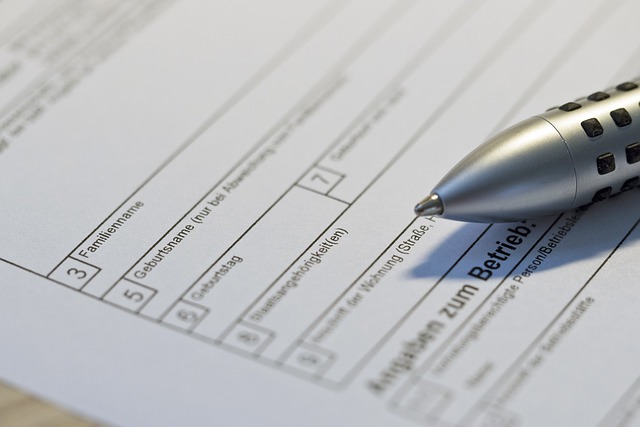
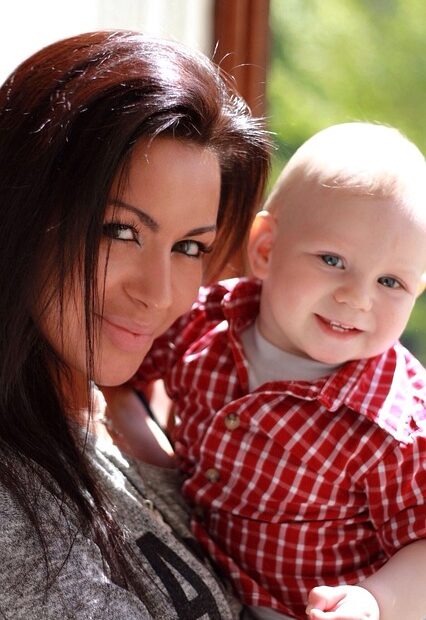

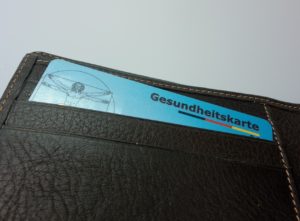





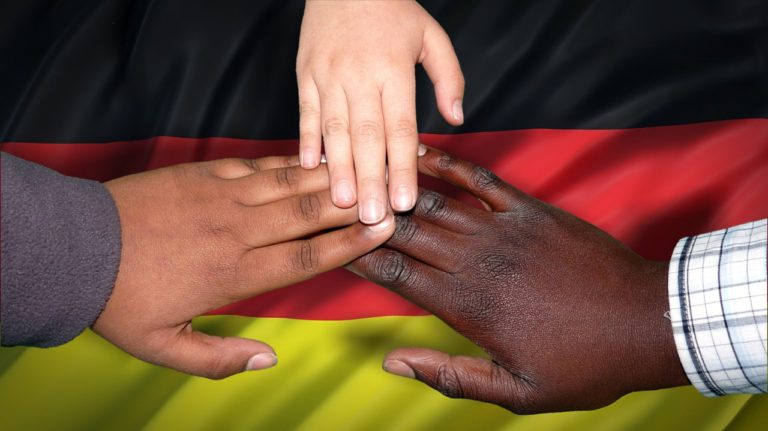








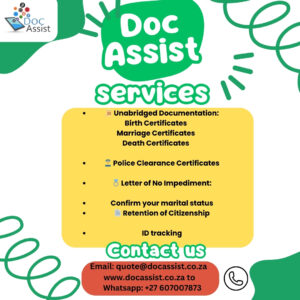






You must be logged in to post a comment.